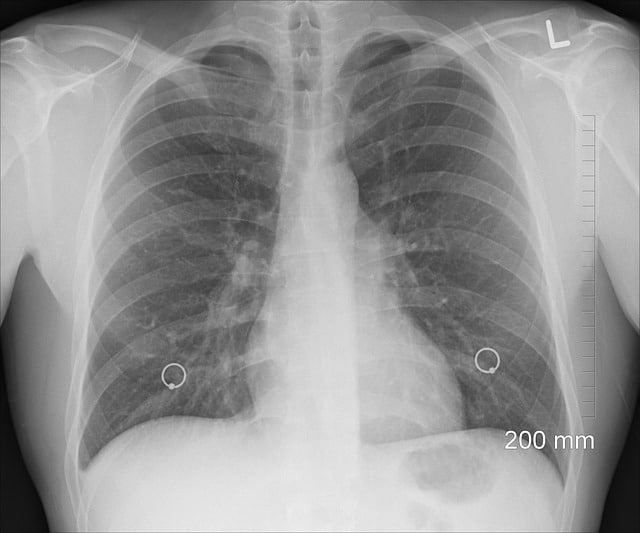
An intense expression of joy or happiness is an outpouring.
The concept of effusion comes from the Latin word effusio . The term has different meanings depending on the context .
Intense joy or happiness
The outpouring may refer to a high level of intensity in relation to joy or happiness . The effusive person displays and shares his or her feelings and emotions in a noticeable way.
For example: “The tennis player celebrated winning the trophy with great enthusiasm, shouting and jumping in the middle of the court,” “At the end of the concert , the audience began to applaud enthusiastically,” “I thought my grandfather was going to be happy.” upon seeing me, but there was no effusion in his reception.”
Spillage or accumulation
Effusion is also the shedding of blood or other fluid. The term is also usually used to name a pathological accumulation of fluid in a hollow area of the body.
pericardial effusion
Pericardial effusion , in this sense, occurs when fluid is deposited in the pericardial cavity. The so-called pericardium is a sac that surrounds the heart; It is fibrous and is made up of two light layers that are cushioned with the help of a liquid.
This outpouring can appear and evolve at different rates. If its progression is rapid, it is called an acute effusion , while if it progresses slowly we are dealing with a subacute effusion . It is considered chronic if it repeats itself in relatively short periods of time.
The severity of each case is also linked to the amount of fluid that accumulates. The greater the amount, the greater the risk that the effusion will put pressure on the heart and make it difficult for it to function normally. This can lead to so-called cardiac tamponade , which requires emergency intervention.
Some of the most common causes of pericardial effusion are:
* cancer;
* infection of the pericardium;
* injuries, some of which may occur during a medical intervention;
* immunological insufficiency;
* response to some drug;
* radiation exposure;
* metabolism problems.
pleural effusion
Pleural effusion , meanwhile, occurs when fluid accumulates between the layers of the pleura , which is the membrane that covers the lungs. Another name this condition is known by is pleural effusion .
The body needs pleural fluid to lubricate this tissue, and for this purpose it is constantly produced. However, when the amount is excessive, effusion takes place. Some of the causes of this disorder are the consumption of tobacco and alcohol, two habits that can cause problems that lead to it, such as kidney, liver, lung or heart diseases.
It is possible to distinguish two types of pleural effusion:
* transudative : caused by fluid that leaks and reaches the pleural tissue. The reason for this phenomenon is excessive pressure in the blood vessels that occurs when the blood does not have a sufficient level of proteins . Heart failure is cited as the most common cause;
* exudative : in this case, it is the blockage of lymphatic or blood vessels, or a tumor, injury, inflammation or infection in the lungs.

Pleural effusion is an abnormal accumulation of fluid in the pleura.
gas effusion
The effusion of a gas , on the other hand, is generated if the gaseous substance that is under pressure leaves a container through an opening, thus reaching the outside. This phenomenon is due to the kinetic energy of the molecules , which are constantly in motion.
The gas molecules are distributed in space uniformly. When there is a higher concentration at one point, collisions are caused and the molecules move towards the area of lower concentration. There is a proportional relationship between the average speed of the molecules and the speed of gas effusion.
